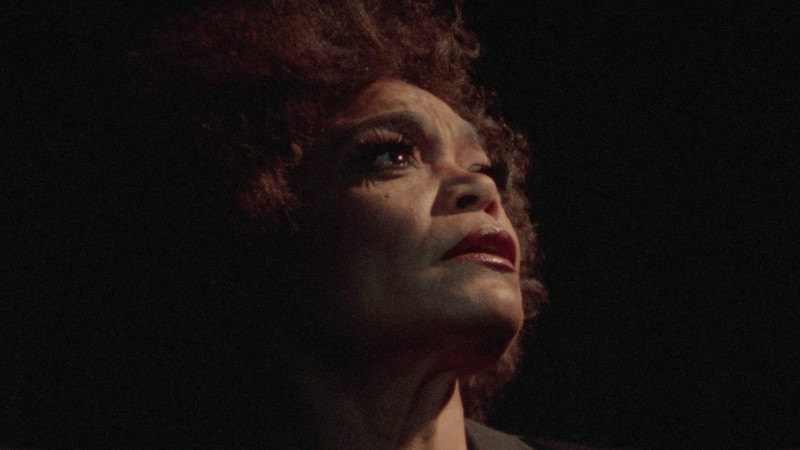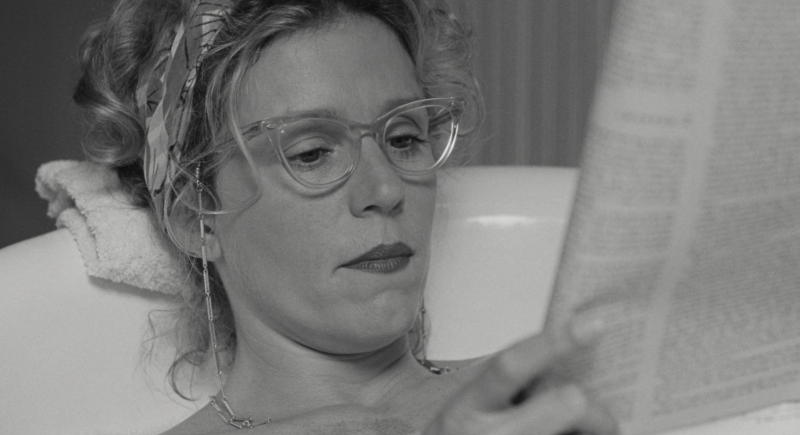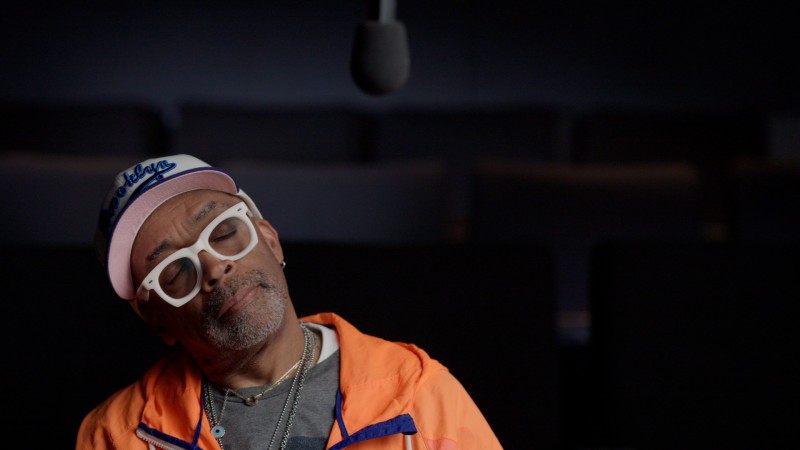Darkness Visible: Anthony Mann and James Stewart’s Westerns

It comes down to a moment. Late in Anthony Mann’s Winchester ’73 (1950), a man named Lin McAdam walks into a saloon and sees, first, a friendly face—the face of a woman he knows—before being drawn to another countenance, one not so friendly. As the title suggests, this is a movie with a rifle at its center, a rare, prized Winchester 1873 that McAdam wins at the start of the story only for it to be violently taken away by a sworn enemy—“Dutch Henry” Brown, McAdam’s brother, who, we learn, killed their father. McAdam’s dogged pursuit of the weapon is soon joined by a pursuit of Dutch Henry, the one mission enfolding the other.
For all of its twists of fate, all of the almost mythical bad luck that this gun seems to bring to any man who tries to keep it, Winchester ’73 is a movie powered by the satisfying promise of comeuppance. Vengeance. The linear thrill of one man hunting and killing another. Lin McAdam is played by James Stewart. Winchester ’73 is the first of eight films that he and Mann would make together in the 1950s, the bulk of them—five—westerns that play like variations on an idea: Stewart himself, or rather, the screen persona that he and Mann created. The unfriendly character whom Lin McAdam sees in that saloon is a compatriot of Dutch Henry. The telling moment in their encounter: McAdam twisting the man’s arm behind his back in an instant that quickly becomes more than mere interrogation. McAdam’s lips tighten with effort. His free hand grasps the man’s neck from below, restraining him, pulling his face down toward the bar. And there’s something else, something in McAdam’s eyes: a pent-up aggression that seems to broaden as we watch, widening—like McAdam’s eyes—from an expression of impersonal, practical frontier violence into something that’s harder to name, something like pleasure, something shocking. There’s a discomfiting hunger in it. We expect our western heroes to leave needless violence behind, just as—we think—McAdam has. We expect virtue to curb recklessness. The great heroes of westerns are often men who, with wars and countless personal battles trailing them like shadows, come off a bit wary, a little spent. They’re often looking for a way out, and the movies needn’t even tell us what they’re looking for a way out of for us to know that it is better left to the past. Hunger, we associate with villains or misguided youth: bloodlust is for the lost.
This is the most violent moment in a film that is not lacking for dynamic, memorable shoot-outs and uncomfortably intimate showdowns in tight confines that might make any man seem vulnerable. Its violence is owing almost entirely to a single shot of Stewart’s face—a money shot that undoes what we think we know about a man we’re inclined to trust, reveals him to be not only darker but more sour than we previously understood. He was already cynical, already eaten away by the death of his father and his hatred of his brother. But this—this is not the more noble, if still grim, violence of a typical vengeance tale, the kind that may make us wince but that we understand, intuitively, because we understand the codes of honor that keep western mythologies afloat. This is something sicker—obsessive, heedless, less bound to honor, or to even the makeshift laws of a lawless terrain, than feels appropriate.





